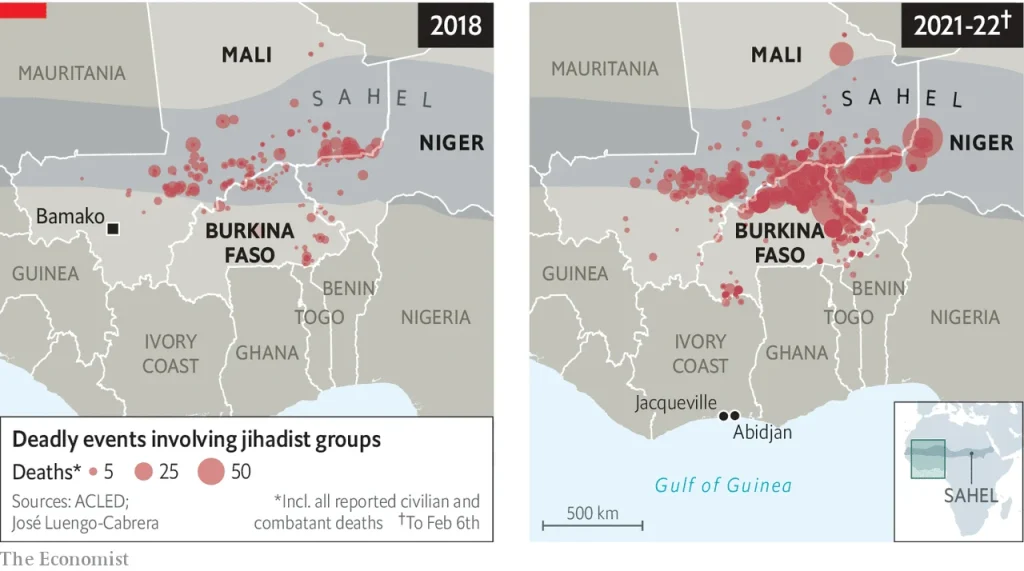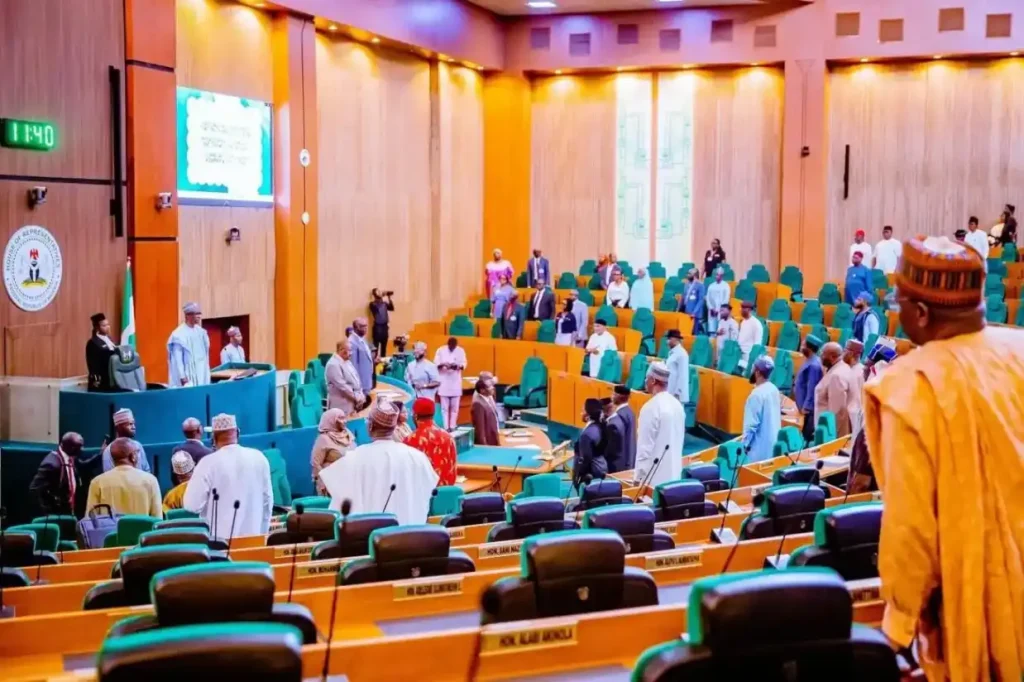The International Monetary Fund (IMF) has revised Angola’s 2025 economic growth forecast downward to 2.4% from an initial 3%, citing declining oil prices and tightening external financing conditions.
The announcement follows a Post Financing Assessment (PFA) mission to Luanda, highlighting the vulnerabilities of Angola’s oil-dependent economy and the broader challenges faced by small, open African markets.
Oil Price Drop and Financing Strains
Angola, Sub-Saharan Africa’s third-largest oil producer, is grappling with the impact of lower global oil prices, which have strained its fiscal and external sectors.
The IMF noted that the country’s economic outlook has deteriorated significantly since the 2024 Article IV consultation, with oil revenues under pressure due to both reduced prices and production challenges.
Additionally, Angola faced a $200 million margin call as extra security for a $1 billion loan from JPMorgan during a recent selloff of risky assets, underscoring the high borrowing costs confronting the nation.
“This downward revision to the outlook also poses risks to fiscal performance,” the IMF stated, emphasizing that the findings will be reviewed by its board in July 2025.
The fiscal strain is compounded by Angola’s heavy reliance on oil, which accounts for approximately 60% of government revenue and over 90% of exports.
Government’s Response and IMF Support
Despite the bleak outlook, the IMF expressed confidence in the Angolan government’s commitment to addressing these risks.
During the PFA mission, conducted from May 6-12, 2025, officials were reassured by measures proposed by authorities to mitigate economic challenges, such as fiscal consolidation and diversification efforts.
On Tuesday, May 13, 2025, IMF Africa Department Director Abebe Aemro Selassie met with President João Lourenço in Luanda to discuss the economic situation.
“I emphasized the IMF’s readiness to continue supporting Angola’s efforts,” Selassie said, signaling potential for further engagement, though no formal financing agreement was discussed
Context of Angola’s Economic Challenges
The PFA mission, reserved for countries with significant outstanding IMF credit but no active IMF-supported program, reflects Angola’s ongoing economic vulnerabilities.
The government has taken steps to address these issues, including slashing fuel subsidies by nearly 50% since 2023 and pursuing privatization to reduce fiscal burdens.
However, high inflation, projected at 21% in 2025, and a public debt-to-GDP ratio of around 70.9% continue to challenge economic stability
Looking Ahead
Angola’s economic path in 2025 hinges on its ability to navigate volatile oil markets and secure affordable financing.
The IMF’s revised forecast underscores the need for structural reforms to reduce oil dependency and enhance non-oil revenue streams.
As discussions with the IMF progress, Angola may explore new financing packages to bolster its fiscal position, with potential bond issuances planned once market conditions improve.





















